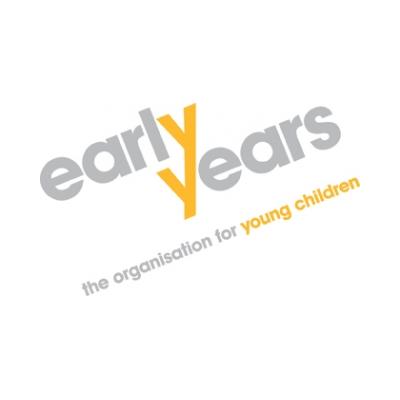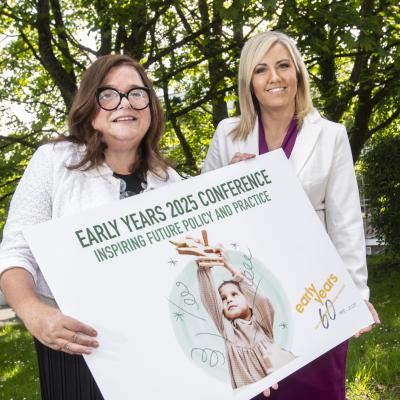
Community and Voluntary Early Years Provision Facing Unprecedented Challenges
A new report by Early Years - the organisation for young children, has highlighted the challenges faced by community and voluntary sector early years providers. The report highlights the decline in pre-school playgroups across Northern Ireland and finds that the benefits of the community and voluntary sector model are not fully recognised or adequately supported.
The ‘Review of Governance in the Community and Voluntary Early Years Sector in Northern Ireland’ also confirms the particular contribution of community and voluntary early years settings to rural communities and areas of deprivation where strong bonds play a key part in positive outcomes for children and families. The settings, many of whom are governed by voluntary committees, go ‘above and beyond’ the provision of early learning and care to support whole communities, particularly where there is poor infrastructure or a lack of services.
Commenting on the report, Early Years Chief Operating Officer Audrey Rainey said;
“This Review confirms the critical importance of community and voluntary sector early years provision as well as the leadership provided by the staff and managers of these settings. Despite their crucial role we have been experiencing an alarming level of closures in the sector, with the loss of 68 playgroups since 2016, and a closure rate of 11% in the most deprived areas”.
“Our community and voluntary early years provision has a unique place in the early years sector and is quantifiably larger than other parts of the UK and Ireland. There are almost 3,400 volunteers involved in management committees delivering these vital services. We need a secure future with stable funding for these settings, many of whom are facing financial uncertainty and are struggling to retain staff. Our policy and funding environment must be shaped to provide long term stability and sustainability”.
The report contains a number of key recommendations including;
· Additional support to settings in areas of disadvantage
· Access to a regional support body, and access to experts in key areas such as HR, managing finances, legal and mentoring services and governance resources.
· Establishment of a funding structure that secures the sector for long-term sustainability with increased salaries appropriate to the level of responsibility and expertise in the sector.
· The development and implementation of a workforce strategy that will reduce recruitment and retention challenges and provide work value.
· The implementation of a terms and conditions review to establish an appropriate wage structure and appropriate terms and conditions for the sector.
· The recognition and development of specialism progression routes which recognise the broad range of skills in the sector, for example Special Educational Needs, family support and play development.
Access the report here

Early Years - the organisation for young children
United Kingdom




